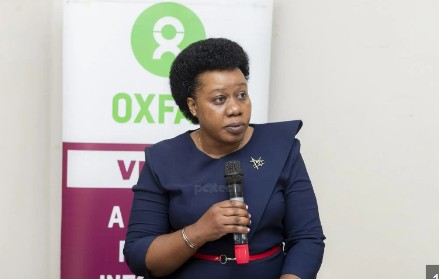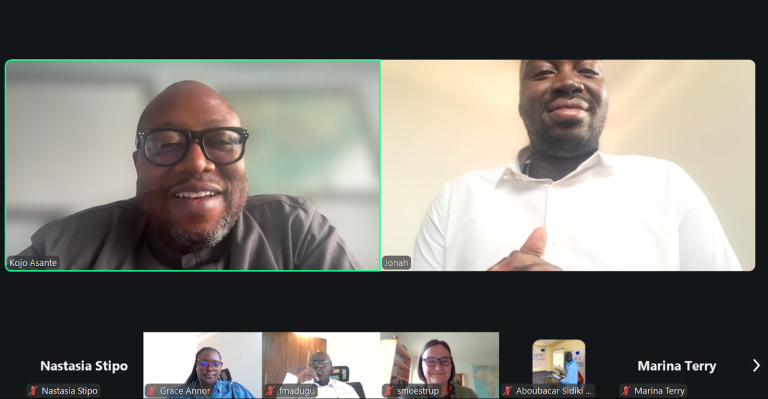The National College of Defence Studies (NCDS) in Ghana, last week, hosted the WADEMOS Network Coordinator, Paul Osei-Kuffour, for a special lecture on the theme “ECOWAS–AES Relations and ECOWAS Reforms.” The session, which took place on Friday, September 17, 2025, brought together senior officers of the Ghana Armed Forces (GAF), public servants, and allied participants to reflect on one of the most urgent questions for West Africa’s future: how to reimagine the future of ECOWAS and the relationship with the AES.
Speaking at the event, Mr. Osei-Kuffuor unpacked the drivers behind Burkina Faso, Mali, and Niger’s historic withdrawal from ECOWAS and the formation of the Alliance of Sahel States (AES). He emphasized not only the institutional blind spots and missed opportunities that fed into the rupture but also the lived frustrations of citizens—rising insecurity, disillusionment with democracy, and the growing appeal of alternative power centers.
He admonished participants to think beyond sanctions and military posturing, stressing that the legitimacy of ECOWAS will depend on its ability to reconnect with its people, strengthen resilience against violent extremism, and adapt to new geopolitical realities. With candour and clarity, he offered a path forward: recalibrating ECOWAS’ tools of influence, building cooperation frameworks with the AES, and grounding regional integration in the aspirations of West African citizens themselves.
In his closing remarks, Mr. Osei-Kuffuor reminded the college that this moment, while unsettling, is also a chance to reflect and restrategize the regional integration agenda. “ECOWAS still has the capacity to lead,” he noted, adding “but it must choose to listen to community citizens, reform, and act decisively if it is to remain relevant to the people it was created to serve.”



